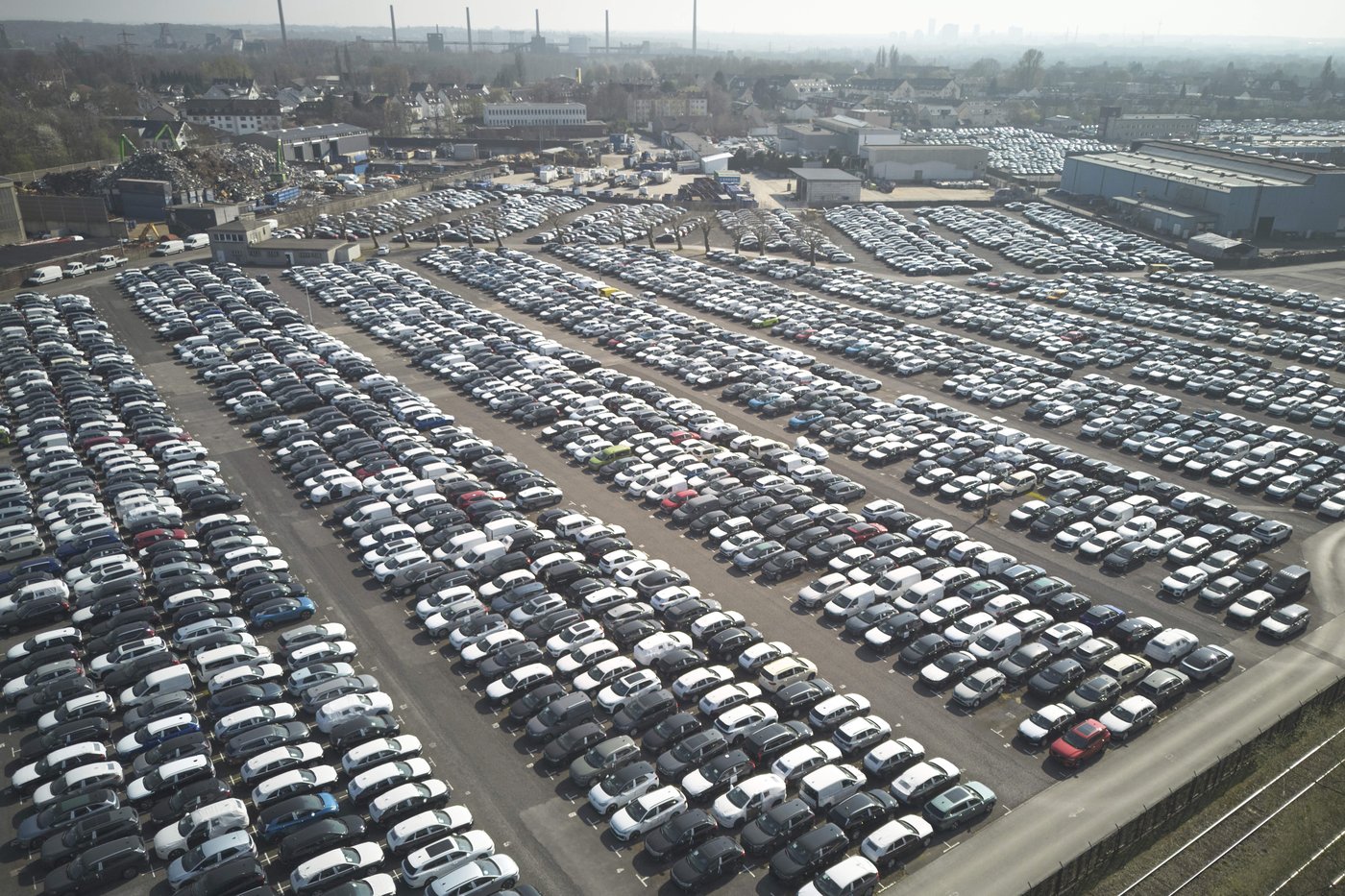
WASHINGTON (AP) — President Donald Trump announced that he was imposing a 25% tariff. tariffs on auto imports , a step the White House asserts would promote domestic manufacturing However, this situation might also exert financial pressure on car manufacturers who rely on international supply chains.
This will keep driving growth," Trump stated to journalists on Wednesday. "We will essentially impose a 25% tariff.
The tariffs anticipated by the White House to generate approximately $100 billion in annual revenue might introduce complexities. U.S. automakers They source their components globally. Starting in April, the tax increase may result in higher expenses for automakers and reduced sales volumes. However, Trump contends that these tariffs will encourage more manufacturing plants to open within the U.S., effectively ending what he considers a "preposterous" supply chain where both automotive parts and completed vehicles are produced across the United States, Canada, and Mexico.
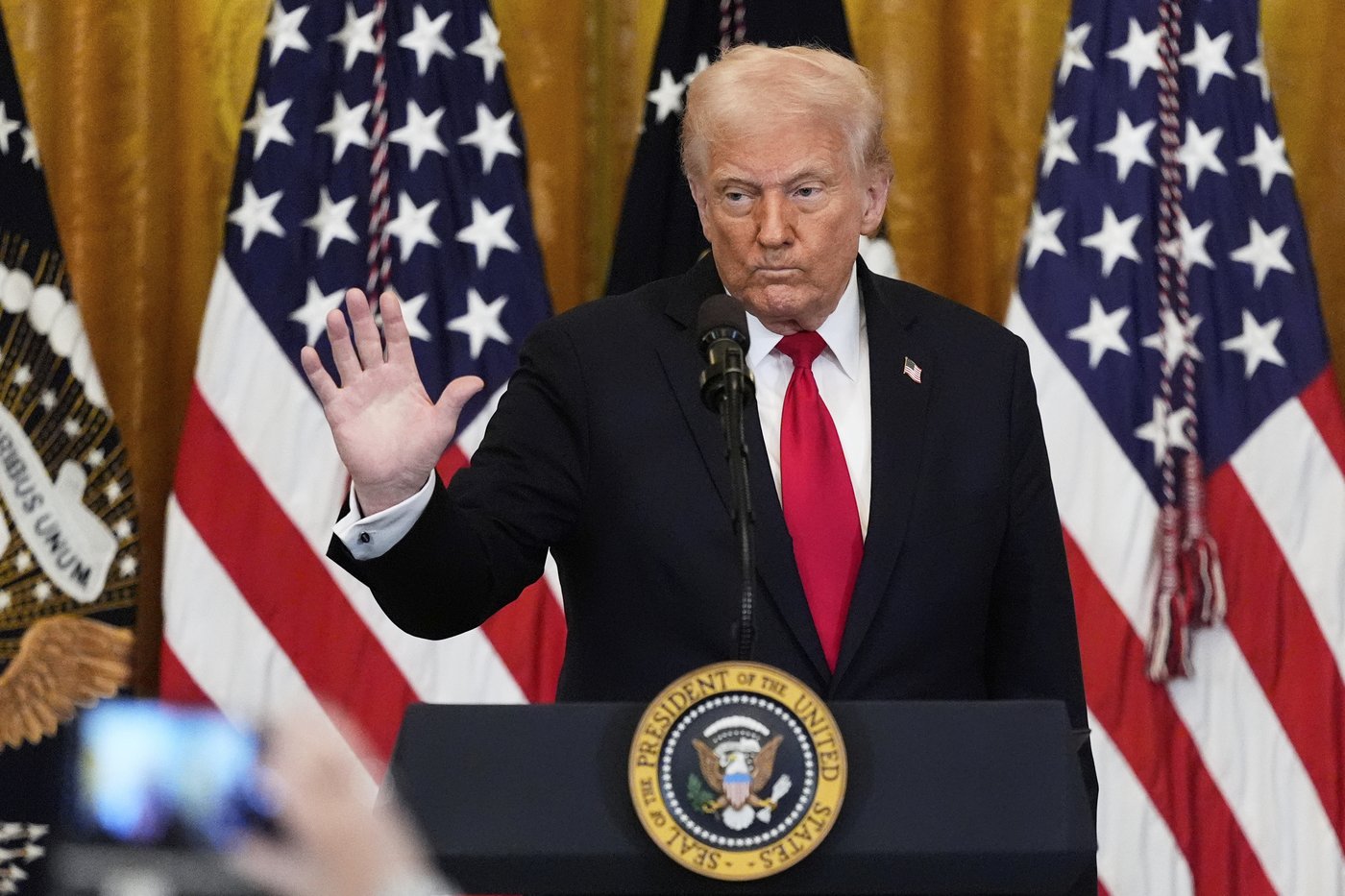
To emphasize his commitment to the tariff directive he endorsed, Trump stated, "This will be permanent."
The Republican leader reaffirmed his readiness to take on even allies by stating on social media Thursday that should the European Union join forces with Canada, they would face "significantly higher tariffs than those presently proposed" as a form of countermeasure.
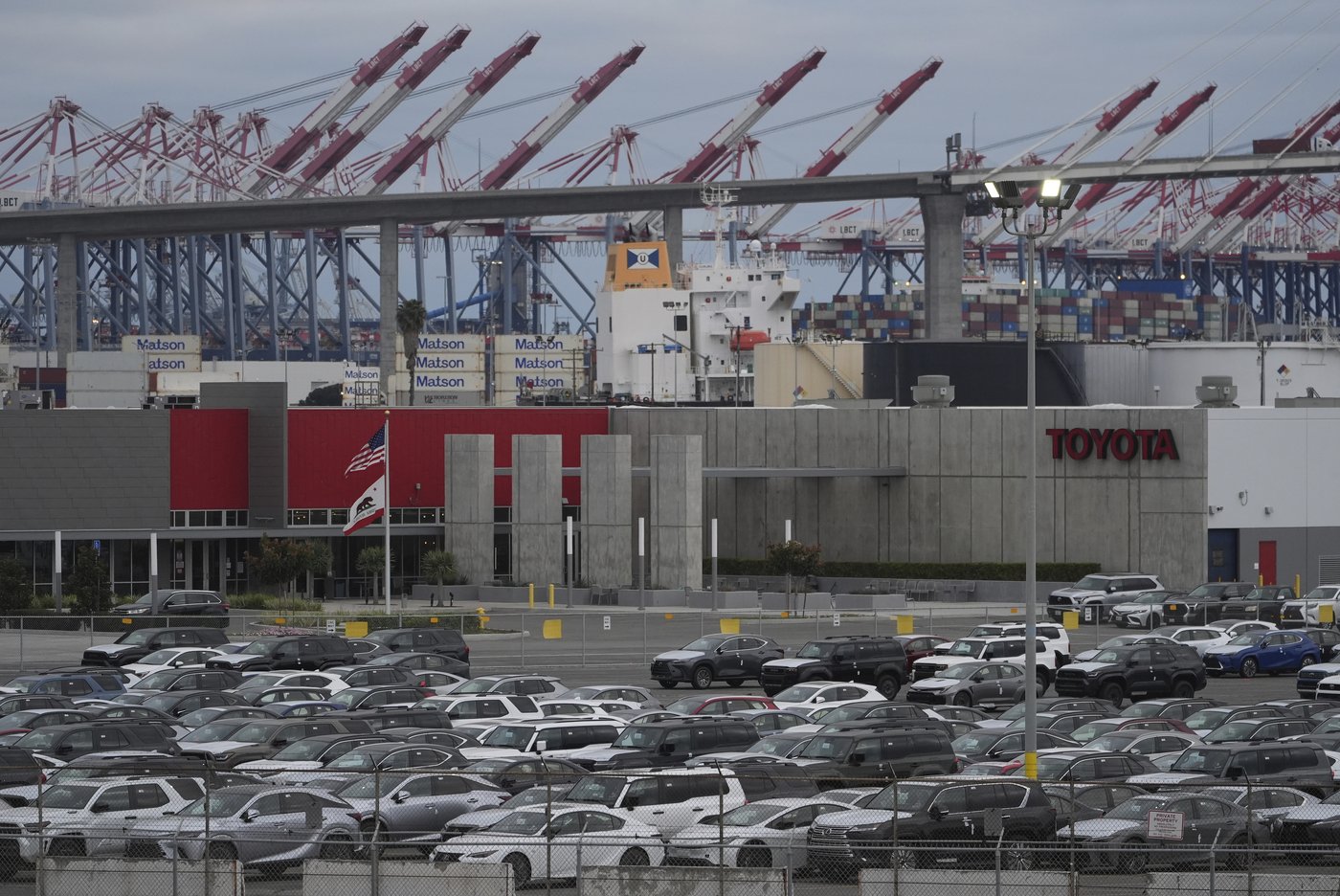
General Motors' shares plunged approximately 7% during Thursday’s trade session. Ford's stock price decreased by around 4%, whereas Stellantis, which owns Jeep and Chrysler, saw their share value drop by 1.25%. However, the stocks of electric vehicle manufacturers Tesla and Rivian showed an increase.
The American Automotive Policy Council, representing domestic car manufacturers, stated in a release that "it is essential that tariffs be imposed in a manner that prevents price increases for consumers and maintains the competitive edge of the interconnected North American auto industry." This sector relies heavily on the United States-Mexico-Canada Agreement finalized during President Trump’s initial term.
The group's president, ex-Republican Governor Matt Blunt of Missouri, stated in an emailed reply to queries from The Associated Press that they had "voiced clear apprehensions about pricing and additional effects to the administration, along with our conviction that a revamped" North American free trade deal ought to stay intact.
Trump has long said that tariffs against auto imports would be a defining policy During his presidency, he wagered that the expenses induced by the taxes would lead to increased production being moved to the United States, simultaneously aiding in reducing the budget deficit. However, both American and international car manufacturers possess facilities across various countries to cater to worldwide demand while keeping their pricing competitive—and it might take several years before these corporations can develop, construct, and establish the additional manufacturing sites that President Trump has pledged.
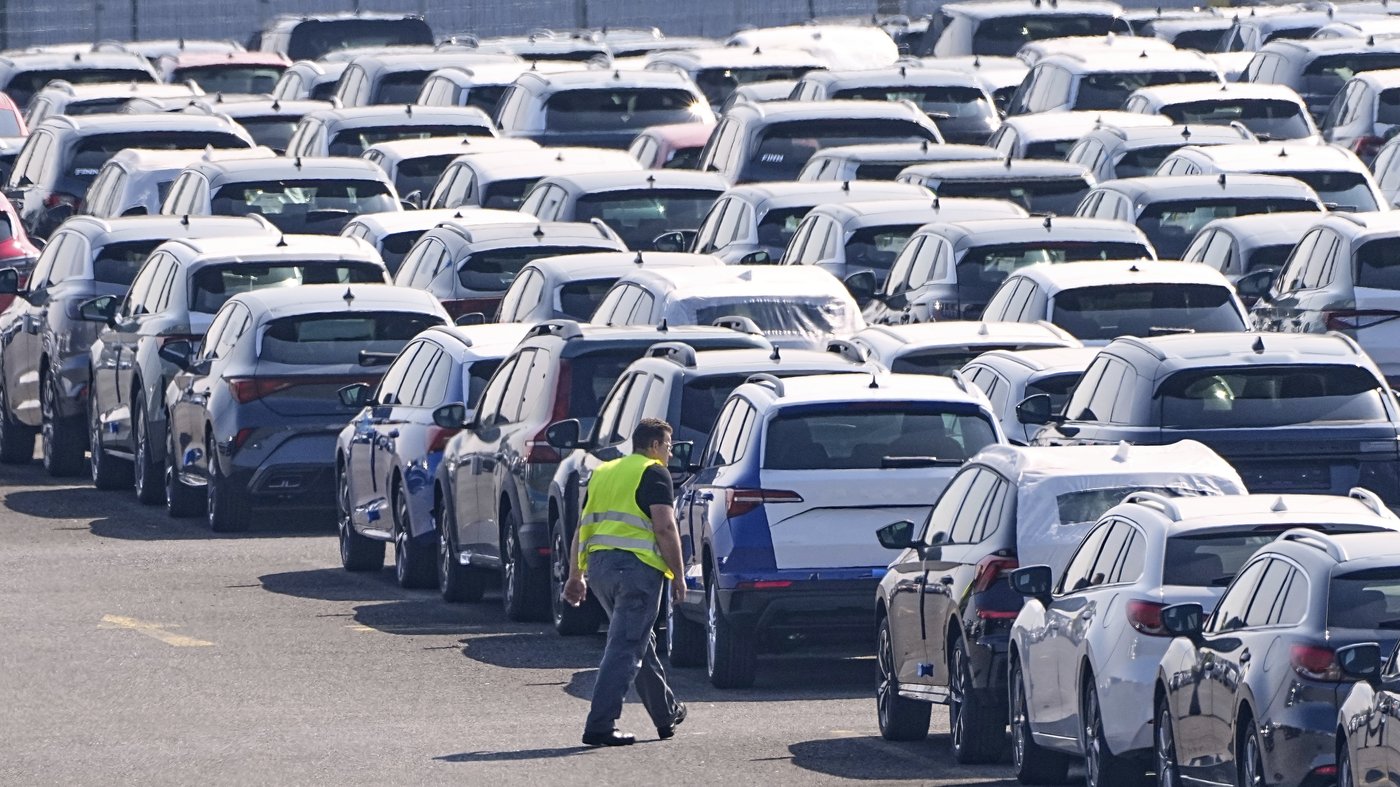
“We anticipate significantly increased costs for vehicles," stated economist Mary Lovely, who serves as a senior fellow at the Peterson Institute for International Economics. "This will lead to fewer options available... Such taxes tend to impact the middle and working classes more severely."
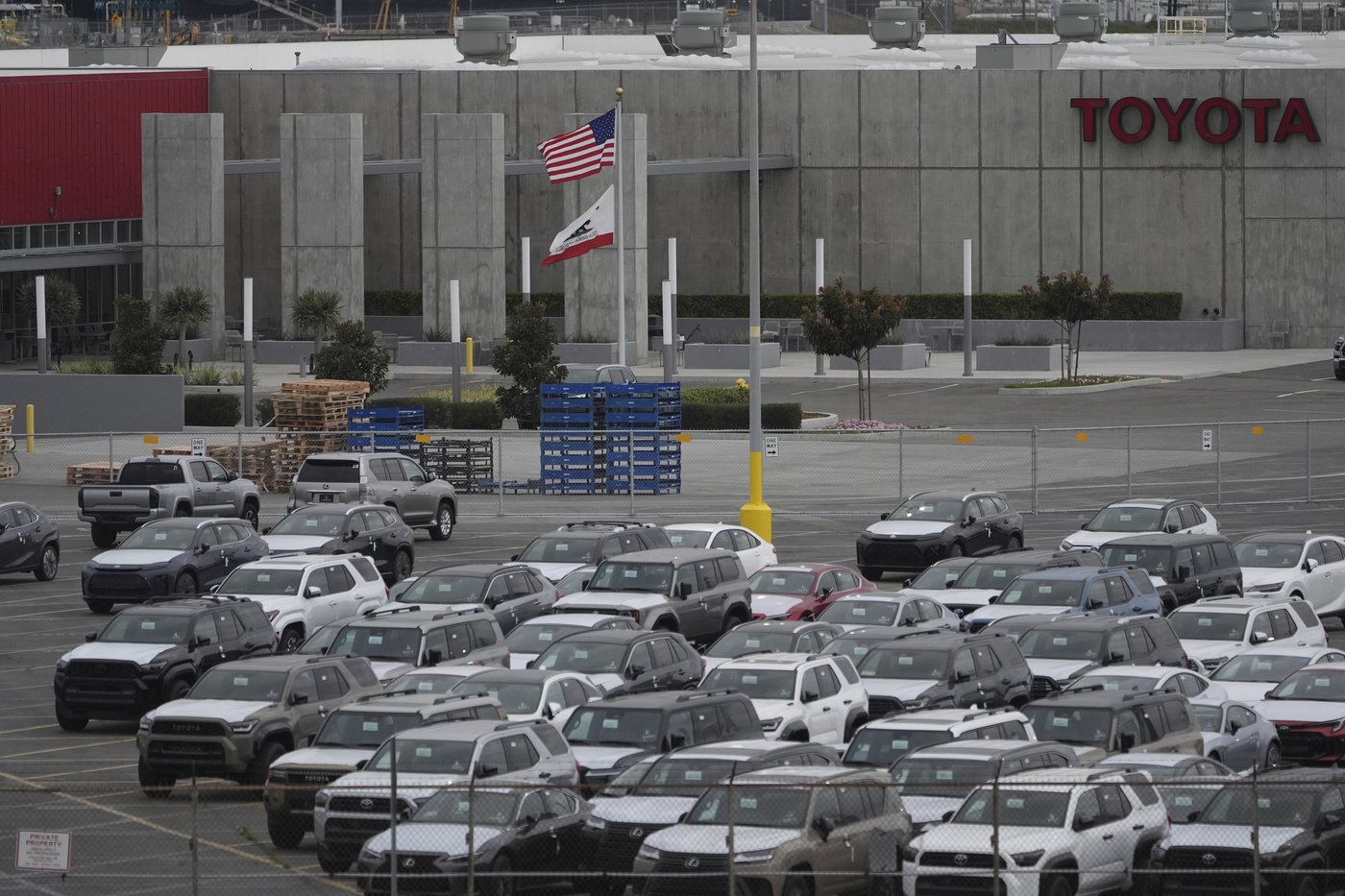
She mentioned that additional families will find themselves unable to afford the new car market—where prices typically hover around $49,000—and as a result, they'll need to keep using their older automobiles.
On April 3rd, Trump announced that tariffs on automobiles would begin to be imposed. Should these additional charges be entirely transferred to buyers, the cost of an imported car might increase by approximately $12,500 on average, potentially contributing to broader inflation rates. Last year, Trump secured reelection as many voters felt confident he could reduce pricing pressures.
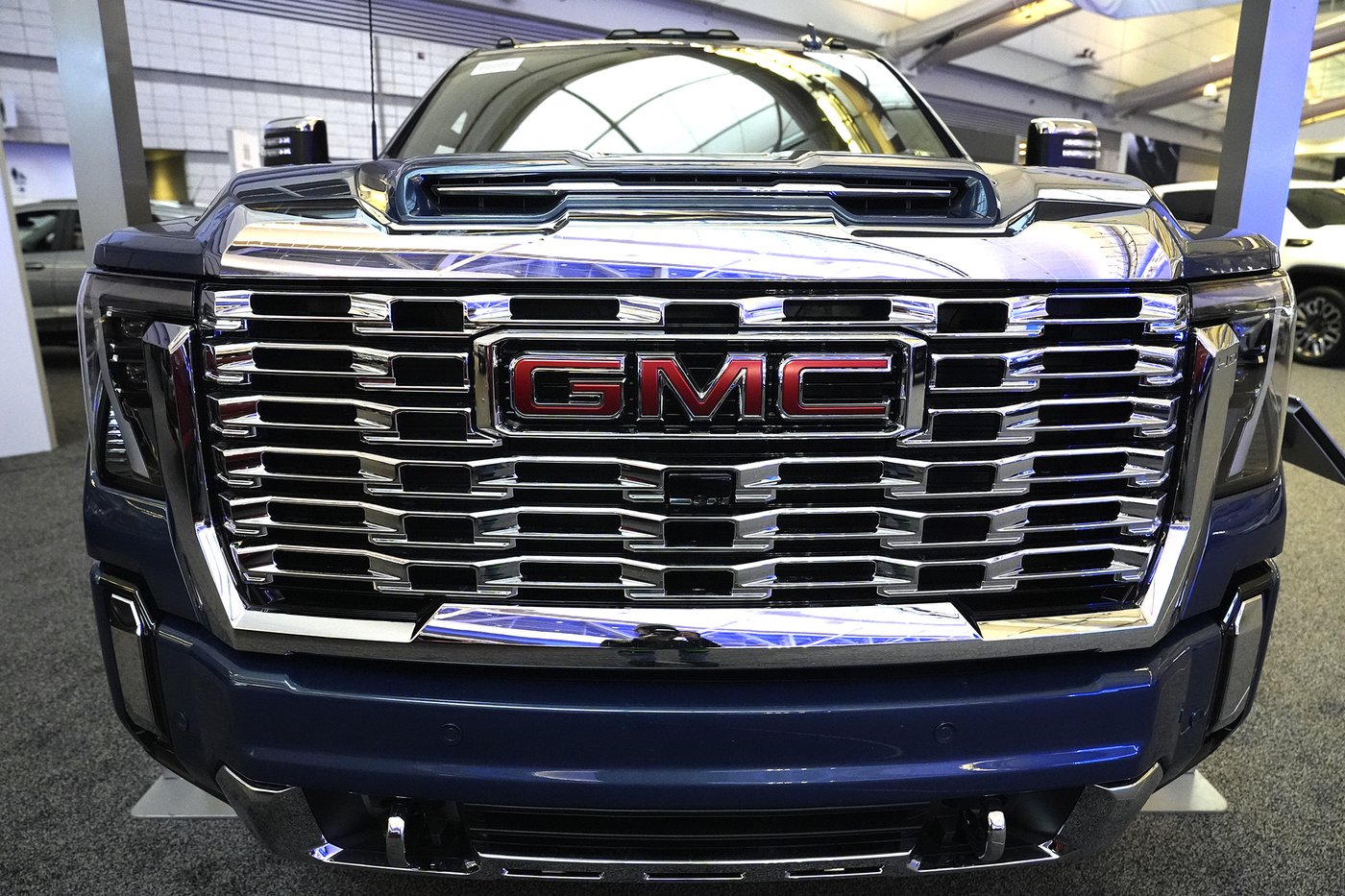
International heads of state swiftly condemned the new tariffs, indicating that President Trump might be escalating a wider trade conflict which has the potential to harm global economic expansion.
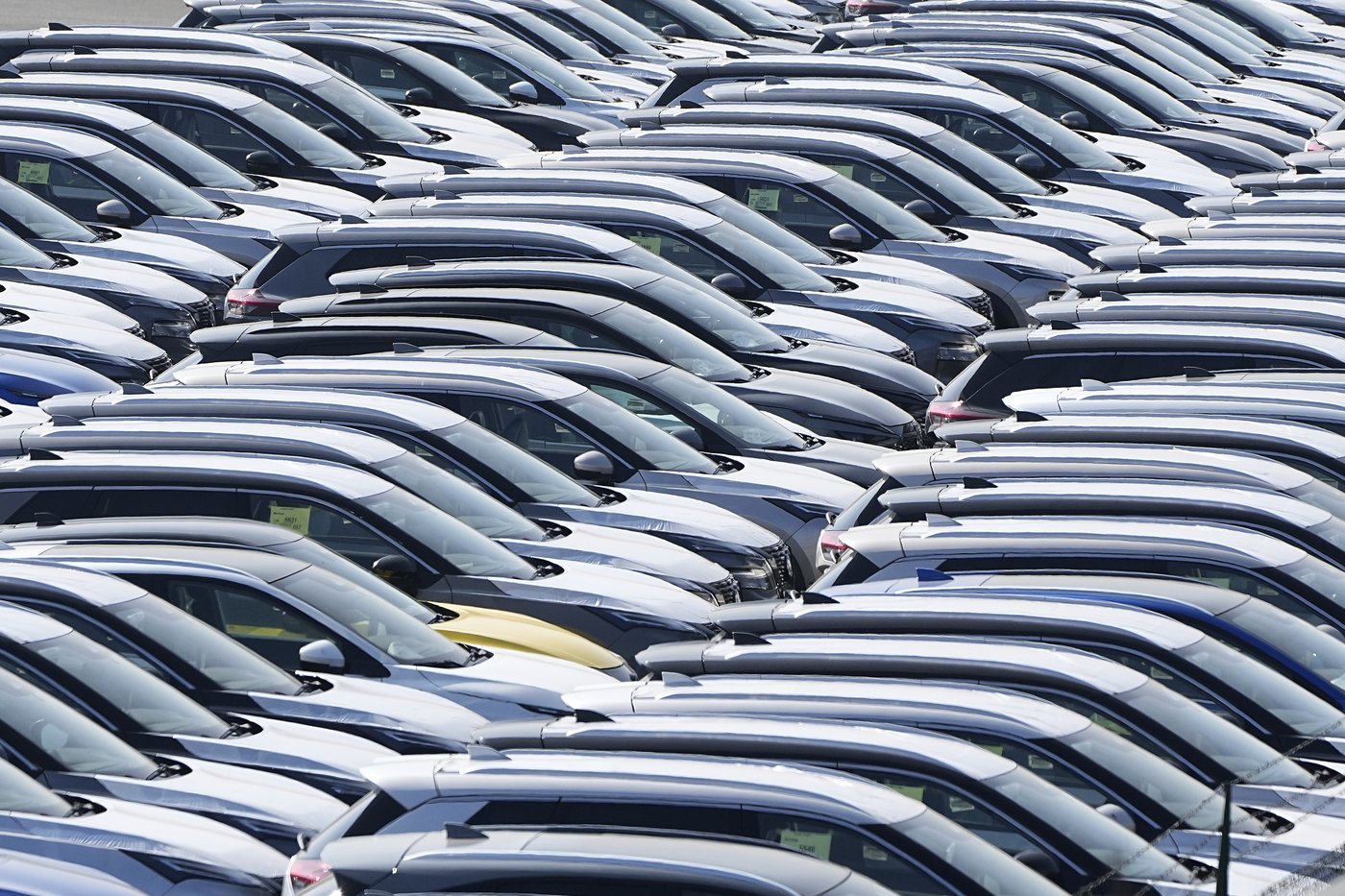
This is a straightforward assault," stated Canadian Prime Minister Mark Carney. "We will protect our workforce. We will safeguard our businesses. We will stand up for our nation.
In Brussels, European Commission President Ursula von der Leyen voiced disappointment over the U.S. choice to target automobile exports from Europe and pledged that the union would safeguard both consumers and businesses.
"Tariffs act as taxes—detrimental to businesses and even more harmful to consumers both in the U.S. and the European Union," she stated, noting that the EU’s administrative body would evaluate the consequences of this action along with those of upcoming U.S. tariffs scheduled for the near future.
The Mexican President, Claudia Sheinbaum, stated on Thursday that Mexico did not wish to take stances every time new tariffs were imposed. However, she emphasized that according to the trade agreement established during Trump’s initial term, "there should be no tariffs; this is the core principle of the commercial accord."
When President Trump declared the introduction of new tariffs, he also suggested offering an additional benefit for car purchasers. He proposed permitting Americans to offset part of the interest accrued on auto loans against their federal income tax liabilities, provided that these cars were manufactured domestically. This tax break would reduce the revenue expected from the imposed tariffs.
According to a White House official speaking anonymously about the matter during a conference call with journalists, the fresh duties would gradually affect completed automobiles as well as components utilized in vehicle production. These additional levies would stack onto current imposts and have been established under legal authority from a 2019 probe conducted by the Commerce Department during President Trump’s initial tenure, citing reasons related to national security.
Trump’s directive creates the space to preserve auto parts trade with Canada and Mexico, as the Trump administration has to figure out how it could implement auto parts taxes on those trading partners. The administration's goal is for the 25% tariffs to only apply to non-U.S. content.
The administration is reasoning that there is excess capacity at U.S. automakers that will enable them to ramp up production to avoid the tariffs by manufacturing more domestically, with the official noting that automakers have known since the Trump campaign that tariffs were coming.
The automobile tariffs are part of a larger restructuring of international relationships initiated by Trump, who intends to enforce what he refers to as “reciprocal” taxes On April 2nd, this would align with the tariffs and sales taxes imposed by other countries.
Trump has already placed a 20% import tax on all imports from China for its role in the production of fentanyl. He similarly placed 25% tariffs on Mexico and Canada, with a lower 10% tax on Canadian energy products. Parts of the Mexico and Canada tariffs have been suspended, including the taxes on autos, after automakers objected and Trump responded by giving them a 30-day reprieve That is scheduled to expire in April.
The president has additionally introduced 25% duties on all steel and aluminum imports, eliminating the exceptions from his initial 2018 levies on these materials. Furthermore, he intends to impose tariffs on semiconductor chips, prescription medications, timber, and copper.
His tax moves have the potential to spark a larger international trade conflict, leading to increasing countermeasures that might devastate worldwide commerce. This situation could hinder economic expansion and lead to higher expenses for households and companies as importers pass on part of the tax burden. In response, the European Union threatened retaliation with plans for A 50% duty on American liquor In response, Trump planned a 200% tariff on alcoholic drinks imported from the EU.
Trump plans to impose a 25% tariff on nations that do this. import oil from Venezuela , despite the fact that the United States also brings in oil from that country.
Trump's assistants assert that the duties imposed on goods from Canada and Mexico are about stopping illegal immigration and drug smuggling. But the administration also wants to use the tariff revenues to lower the budget deficit and assert America's preeminence as the world's largest economy.
On Monday, the president pointed to South Korean carmaker Hyundai’s plan to construct a $5.8 billion steel facility in Louisiana as proof that tariffs would help restore manufacturing employment.
More than one million individuals are currently employed within the domestic manufacture of motor vehicles and components, which is roughly 320,000 less compared to figures from 2000 as per the Bureau of Labor Statistics. Furthermore, an estimated 2.1 million people find employment at car and automotive parts retailers.
Last year, the U.S. imported approximately 8 million automobiles and light trucks with a value of around $244 billion. The primary suppliers of these foreign vehicles were Mexico, Japan, and South Korea. Additionally, imports of automotive components amounted to over $197 billion, withMexico, Canada, and China being the leading contributors, as reported by the Commerce Department.
___
Rob Gillies from The Associated Press in Toronto and AP Economics Writer Paul Wiseman contributed to this report.
Josh Boak, from The Associated Press
